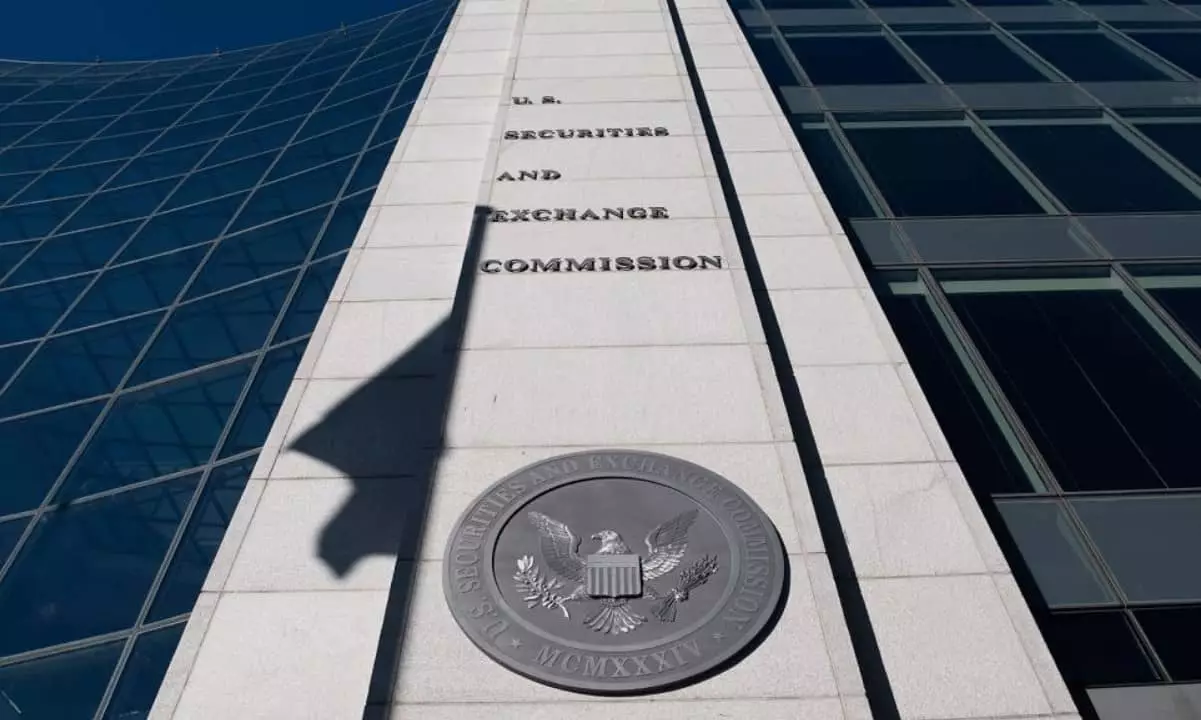Recently, the U.S. District Court for the District of Utah made a significant ruling by dismissing the Securities and Exchange Commission’s (SEC) case against Digital Licensing, also known as Debt Box. This decision came as a blow to the SEC, as the judge further ordered the regulatory agency to pay approximately $1.8 million in attorney and receivership fees.
The court’s ruling was based on findings of “bad faith conduct” on the part of the SEC in relation to a temporary restraining order and freezing of Debt Box’s assets. This misconduct by the SEC led to the decision to dismiss the case without prejudice. The entire ordeal stemmed from the SEC’s allegations against Debt Box of being involved in a $50 million illegal crypto scheme, but Debt Box refuted these claims by highlighting inaccuracies in the information presented by the commission.
Despite the unfavorable ruling, the SEC tried to evade penalties by contesting the accusation of acting in bad faith. This attempt to dismiss the case and avoid penalties was ultimately unsuccessful, as the court found that the SEC’s legal representatives knowingly presented false information to obtain the restraining order and asset freeze.
This legal battle between the SEC and Debt Box has sparked discussions within the cryptocurrency community, with many perceiving it as an example of regulatory overreach. The SEC’s ongoing legal disputes with other crypto firms, such as Binance, Kraken, Ripple, and Coinbase, have also raised concerns about the need for regulatory clarity in the digital assets space.
In response to the court’s decision, Debt Box’s team celebrated the outcome as a “monumental victory” for their company, the industry as a whole, and their community. They reiterated the importance of integrity and fairness in regulatory practices, emphasizing the significance of upholding these principles in all dealings within the crypto sector.
The dismissal of the SEC’s case against Debt Box represents a significant setback for the regulatory agency and highlights the importance of transparency and honesty in regulatory proceedings within the cryptocurrency industry. The ruling serves as a reminder that bad faith conduct will not be tolerated, and that justice must prevail in all legal matters involving digital assets.














Leave a Reply